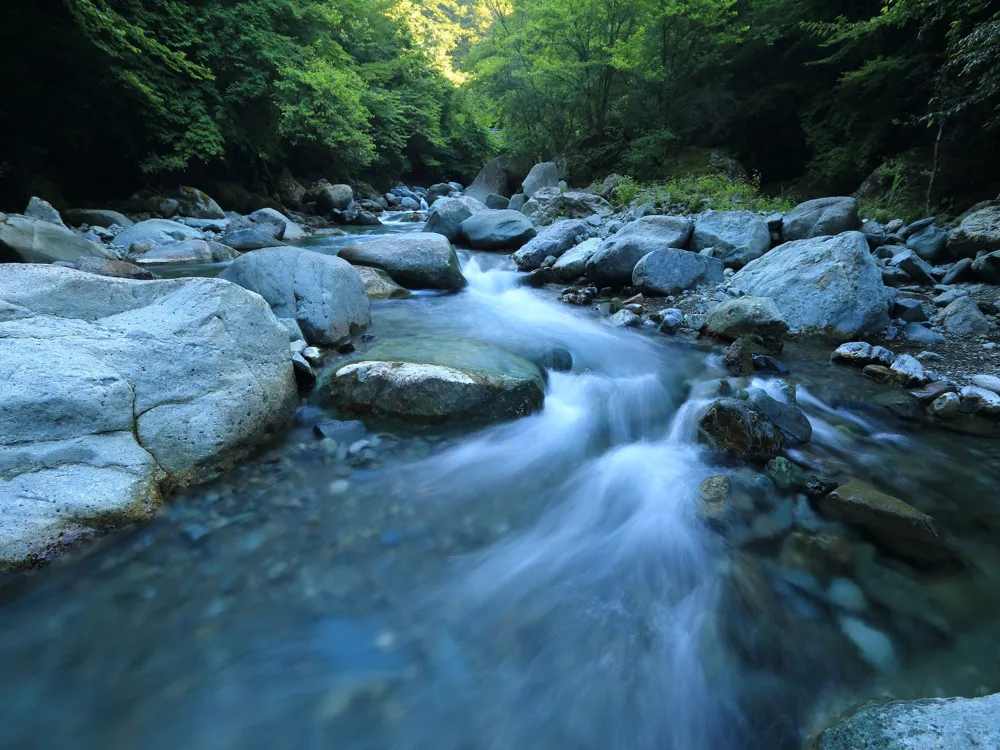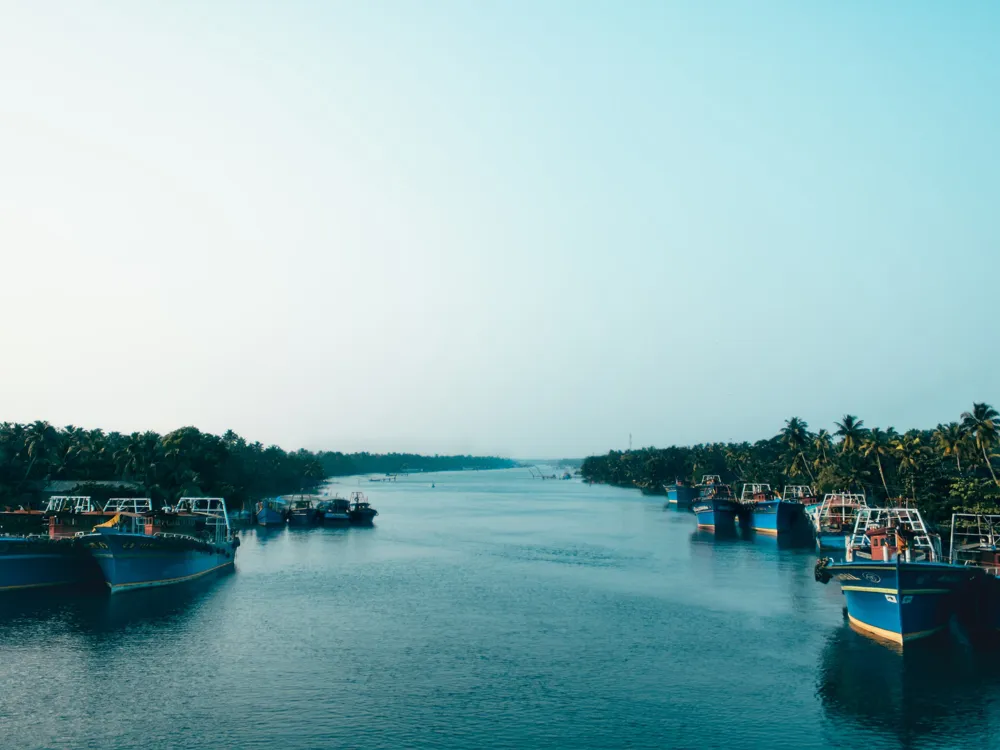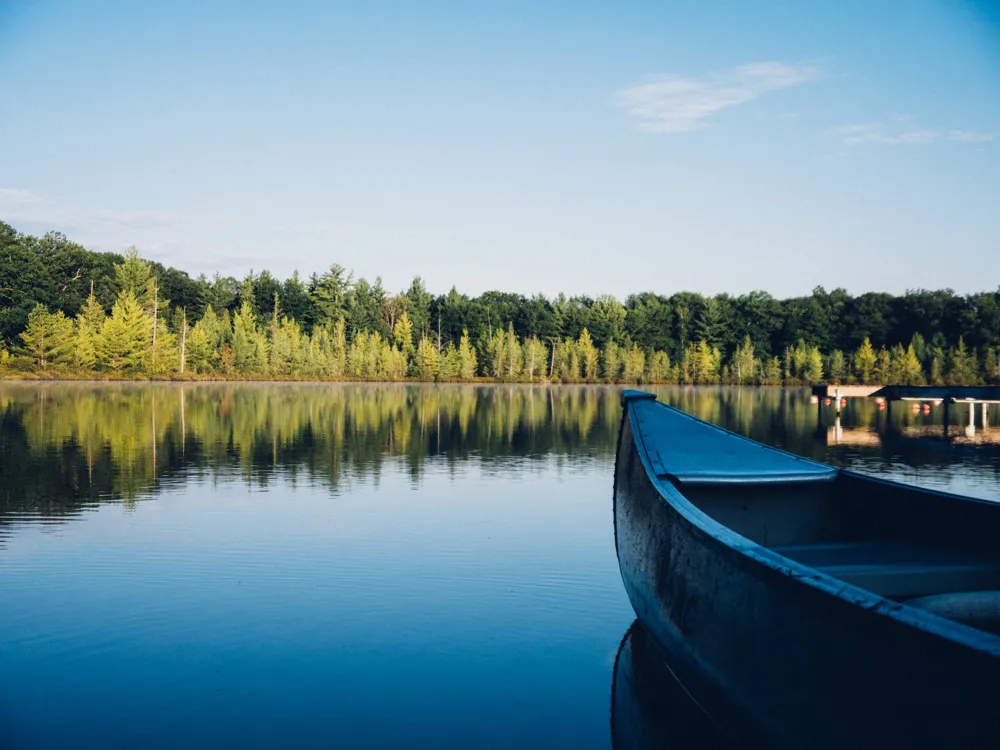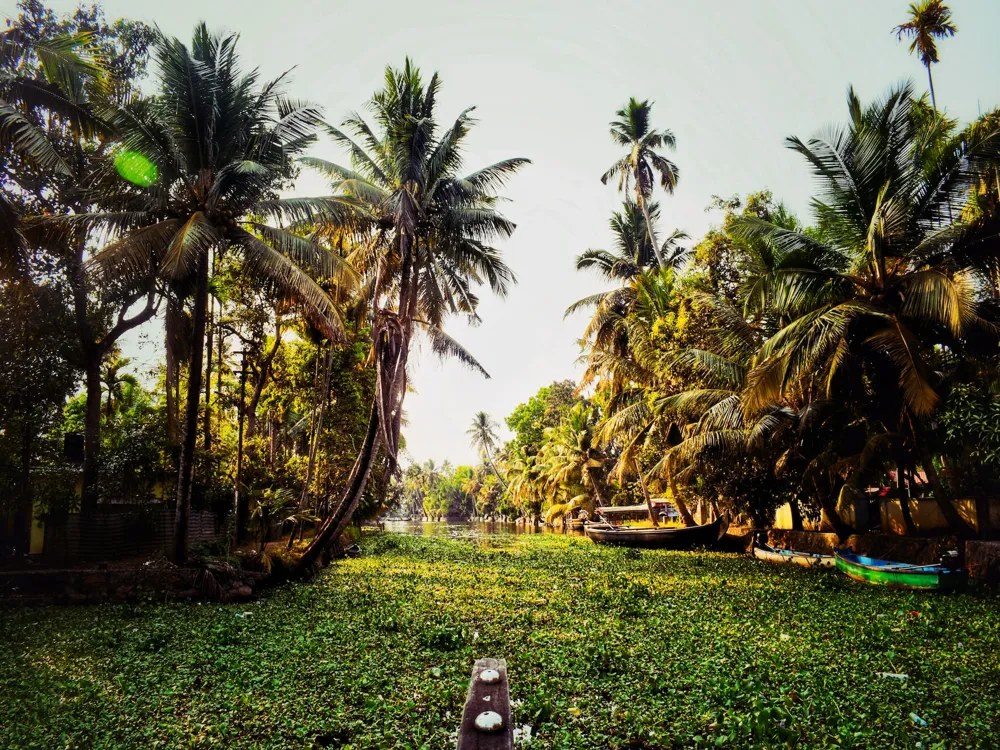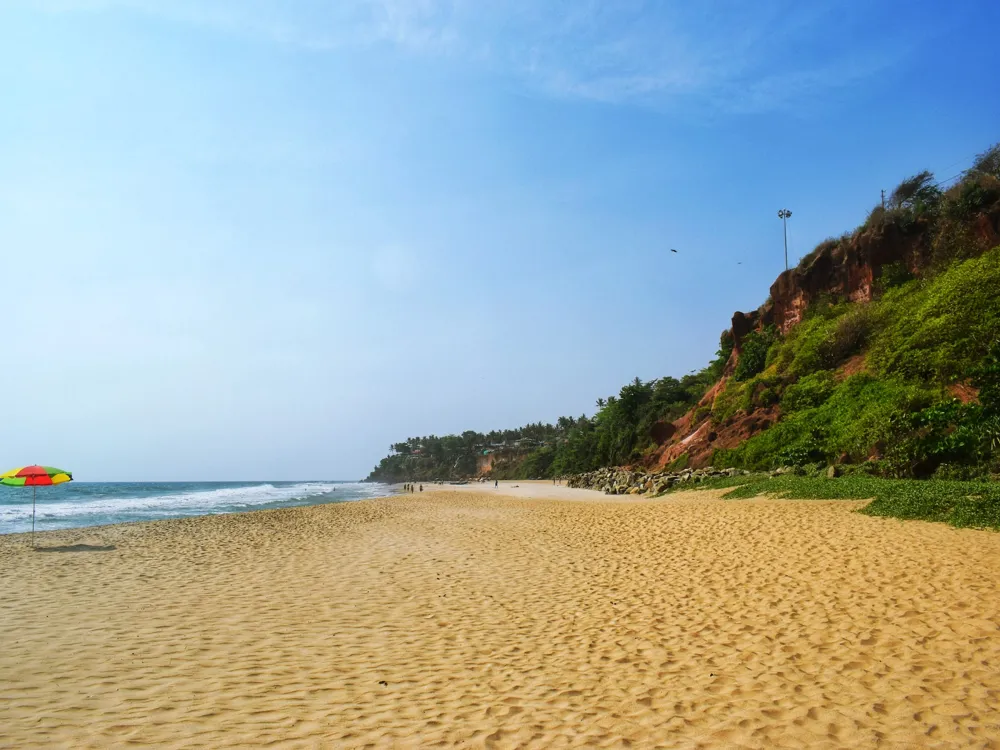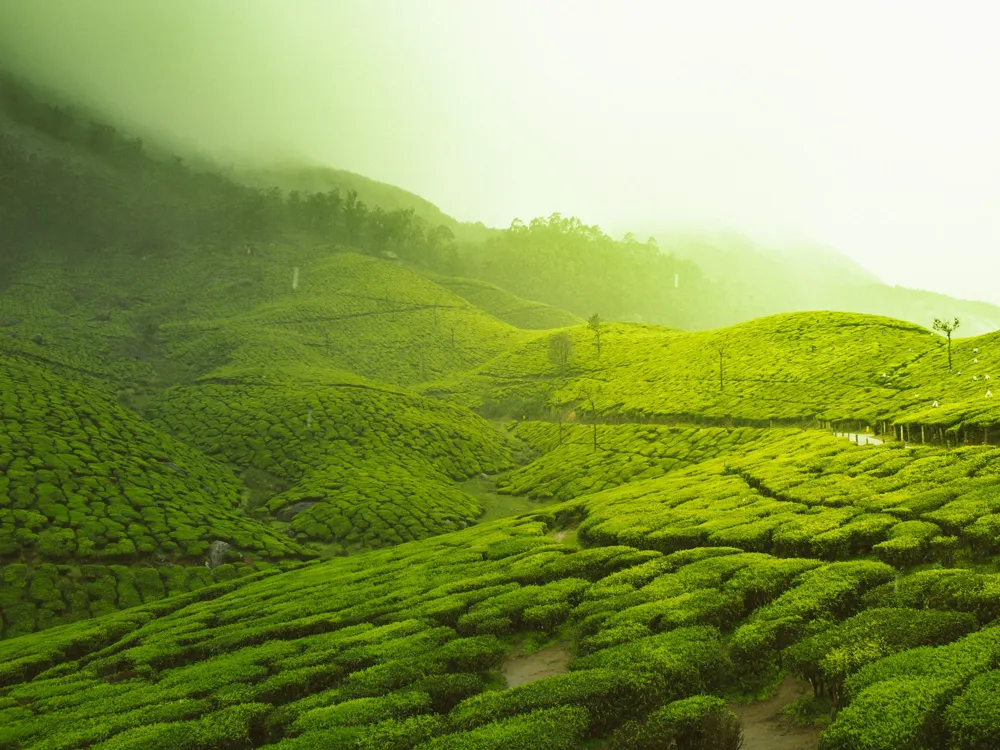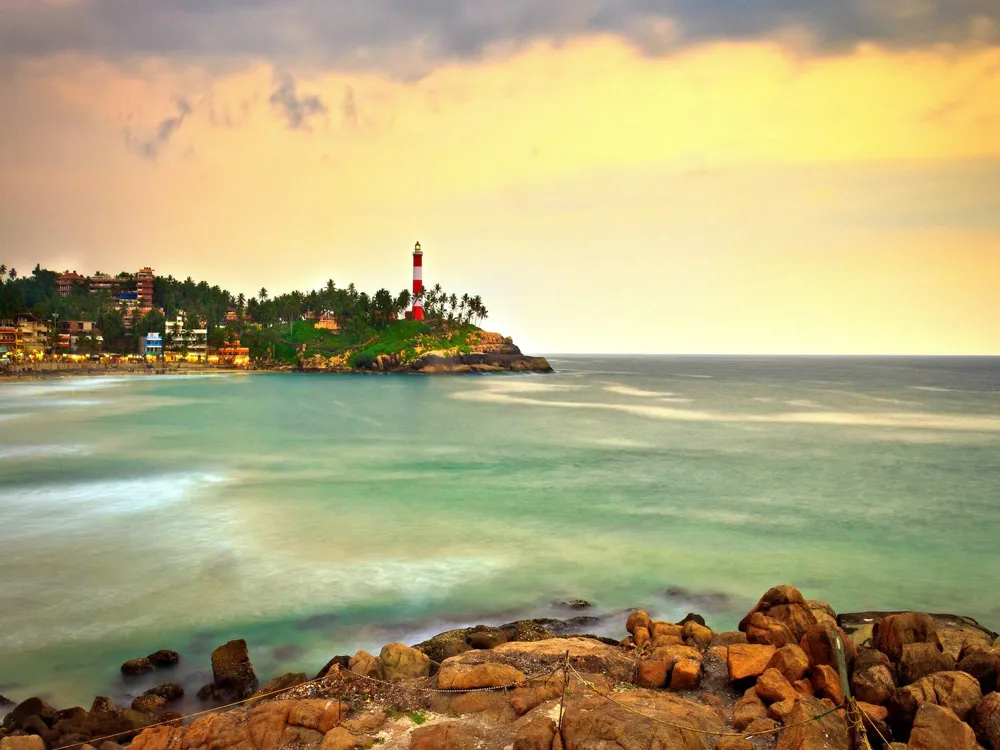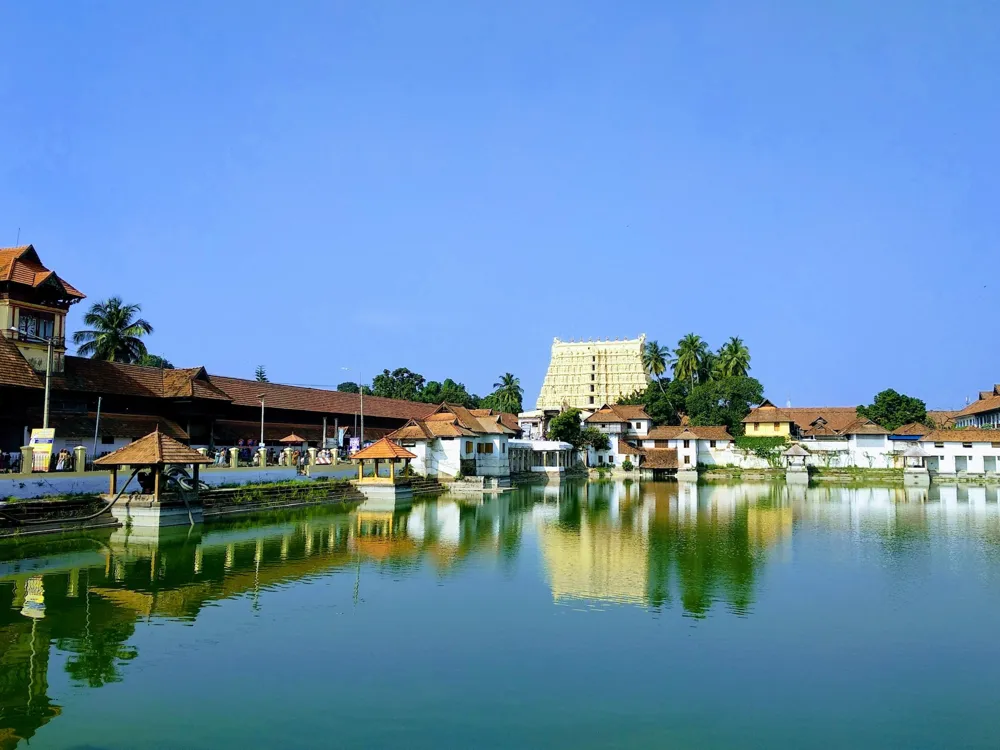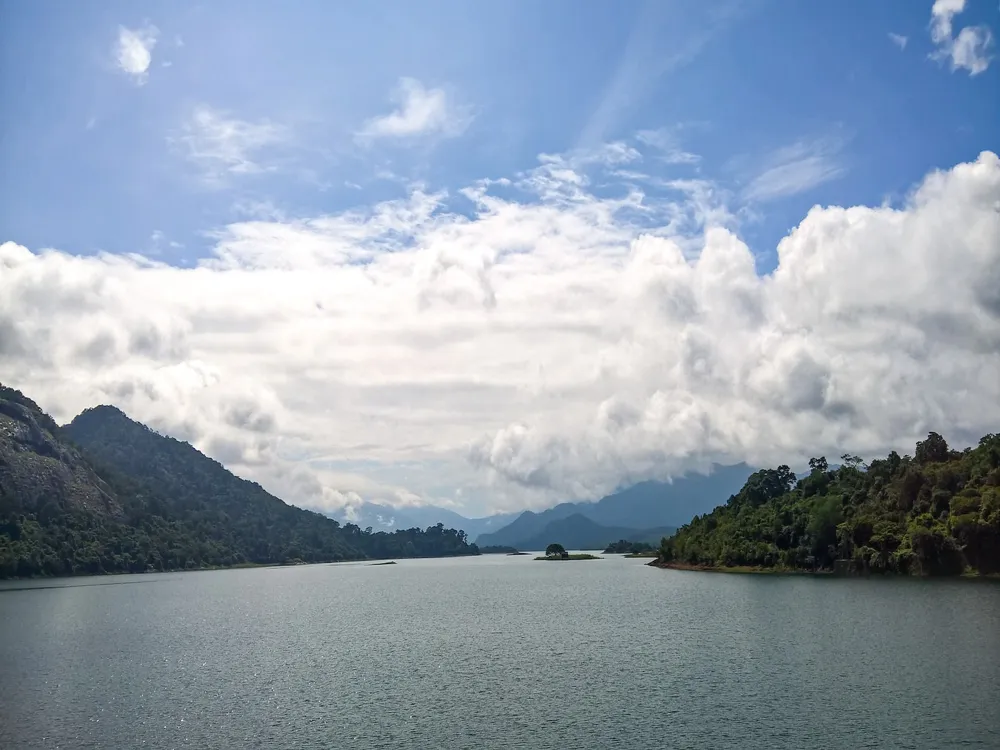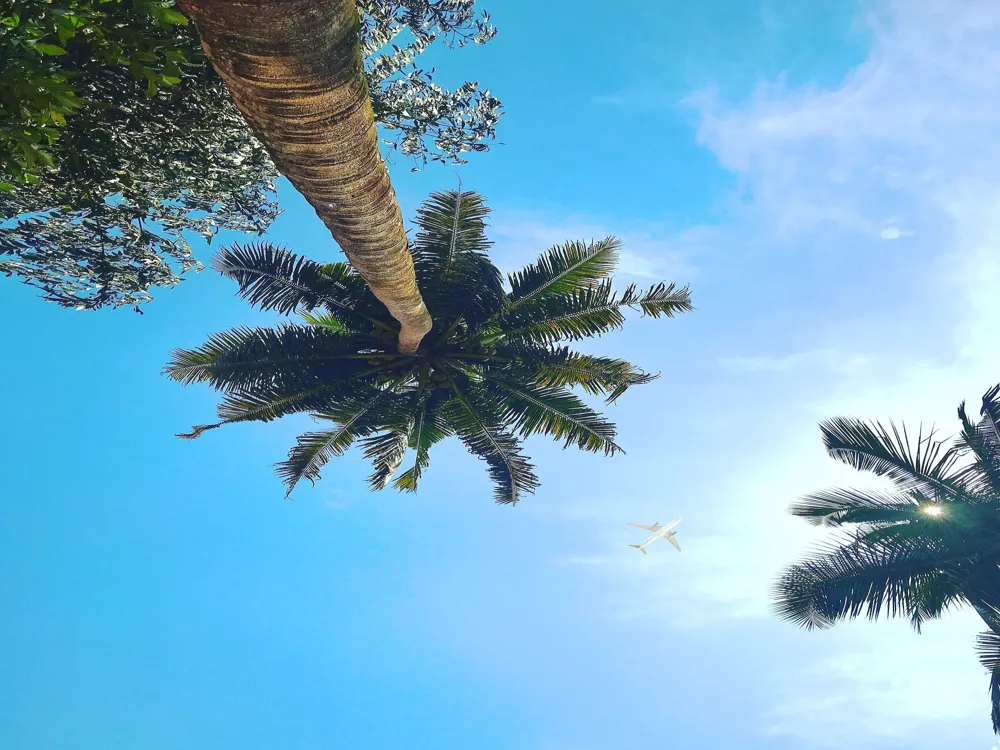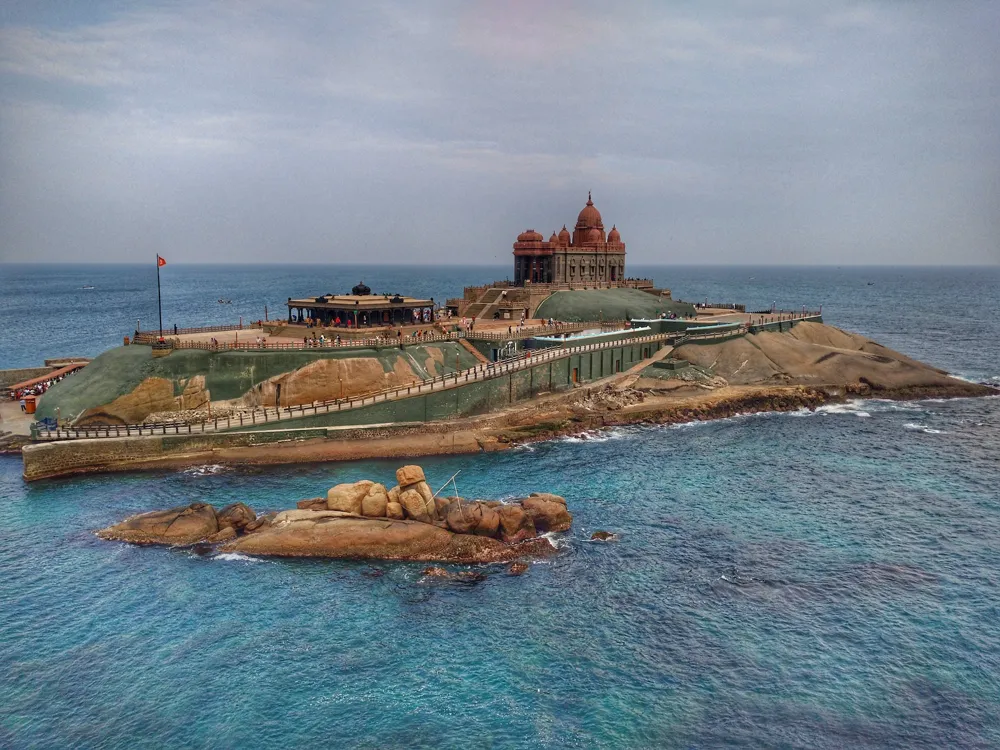Nestled in the heart of Kerala, the Shenduruny Wildlife Sanctuary in Kollam stands as a testament to India's rich biodiversity and natural beauty. Spread across a vast expanse, this sanctuary is named after a tree species called 'Chenkuruny' in Malayalam. Established in 1984, it forms a part of the Agasthyamalai Biosphere Reserve, adding to its ecological significance. The sanctuary is a treasure trove for nature enthusiasts and wildlife lovers, boasting a diverse array of flora and fauna. It's home to various species of animals like elephants, tigers, leopards, and bears, alongside numerous birds, reptiles, and butterflies. The vegetation is predominantly tropical evergreen and semi-evergreen forests, interspersed with patches of myristica swamps, a unique ecosystem found only in this part of the world. The topography of Shenduruny is a mix of steep rocky terrain and gentle rolling hills, crisscrossed by several rivers and streams. This diverse landscape not only supports a wide range of wildlife but also offers stunning scenic vistas for visitors. The region's rich cultural heritage is showcased through numerous prehistoric sites, with rock engravings dating back to the Mesolithic period, providing a window into the area's ancient human history. The Shenduruny Wildlife Sanctuary is not just a haven for wildlife, but it's also an important watershed area for the Kallada River, making it crucial for the ecological balance and water conservation in the region. Its contribution to the local ecology and environment cannot be overstated, making it an important destination for conservation efforts and eco-tourism. [Content continues elaborating on the sanctuary's biodiversity, its significance in conservation, and its role in promoting sustainable tourism.] The architecture of Shenduruny Wildlife Sanctuary is not about man-made structures, but rather the intricate design of nature itself. The sanctuary's layout is a masterpiece of natural architecture, formed over millennia by geological and ecological forces. The dense forests, rugged terrain, and vibrant ecosystems create a landscape that is as beautiful as it is complex. One of the sanctuary's most remarkable features is its myristica swamps, a rare ecosystem. These freshwater swamps are characterized by the dominance of Myristica trees, some of which are endemic to this region. The swamps are architectural marvels in their own right, with their intricate root systems and unique adaptations to the water-logged conditions. The various habitats within the sanctuary, from its high-altitude hills to its low-lying swamps and riverine forests, are all intricately connected, forming a complex ecological network. This natural architecture supports a diverse array of life forms, each adapted to its specific niche within the ecosystem. The sanctuary's design is a delicate balance of nature, showcasing the resilience and interdependence of different species and habitats. The rocky terrain, with its steep cliffs and rolling hills, adds another dimension to the sanctuary's architecture. These geological formations are not only visually stunning but also play a crucial role in the region's hydrology, affecting the flow of rivers and streams and thereby influencing the distribution of various plant and animal species. [Content continues detailing the sanctuary's unique geological features, its role in sustaining the region's biodiversity, and the natural processes that have shaped its landscape.] The ideal time to visit the sanctuary is from November to March. During this period, the weather is pleasant, and the chances of spotting wildlife are higher. Always maintain a safe distance from animals and avoid feeding or disturbing them. It's important to follow the guidelines provided by sanctuary officials for a safe and responsible wildlife viewing experience. Carry essentials like water, snacks, a first aid kit, and a map of the sanctuary. Don't forget to bring binoculars and a camera for wildlife spotting and photography. Follow the marked trails and respect sanctuary rules. Keep noise levels to a minimum and dispose of waste responsibly to preserve the sanctuary's natural environment. There are various accommodation options near the sanctuary, ranging from forest lodges to local homestays. It's advisable to book in advance, especially during peak tourist seasons. The Shenduruny Wildlife Sanctuary is well-connected by road and is accessible from various parts of Kerala. The nearest town is Thenmala, about 66 km from Kollam city. Visitors can reach Kollam by train or bus from major cities in Kerala and then hire a taxi or take a local bus to the sanctuary. The nearest airport is Trivandrum International Airport, approximately 72 km away. From the airport, taxis and buses are available to reach the sanctuary. For those driving, the sanctuary is connected via the main highway, ensuring a smooth and scenic journey. It's important to note that the sanctuary has specific entry and exit timings, and visitors are advised to plan their trip accordingly. Read More:Overview of Shenduruny Wildlife Sanctuary, Kollam
Architecture of Shenduruny Wildlife Sanctuary, Kollam
Tips When Visiting Shenduruny Wildlife Sanctuary, Kollam
Best Time to Visit
Wildlife Viewing Guidelines
Essential Items to Carry
Staying Safe and Responsible
Accommodation and Facilities
How To Reach Shenduruny Wildlife Sanctuary, Kollam
Shenduruny Wildlife Sanctuary, Kollam
Kollam
Kerala
₹ 20,300 onwards
View kollam Packages
Weather :
Tags : Wildlife
Time Required : 2-3 hours
Entry Fee : No entry fee. However, make sure to obtain the prerequisite permit beforehand
Planning a Trip? Ask Your Question
Kollam Travel Packages
View All Packages For Kollam
Top Hotel Collections for Kollam

Private Pool

Luxury Hotels

5-Star Hotels

Pet Friendly
Top Hotels Near Kollam
Other Top Ranking Places In Kollam
View All Places To Visit In kollam
View kollam Packages
Weather :
Tags : Wildlife
Time Required : 2-3 hours
Entry Fee : No entry fee. However, make sure to obtain the prerequisite permit beforehand
Planning a Trip? Ask Your Question
Kollam Travel Packages
View All Packages For Kollam
Top Hotel Collections for Kollam

Private Pool

Luxury Hotels

5-Star Hotels

Pet Friendly


